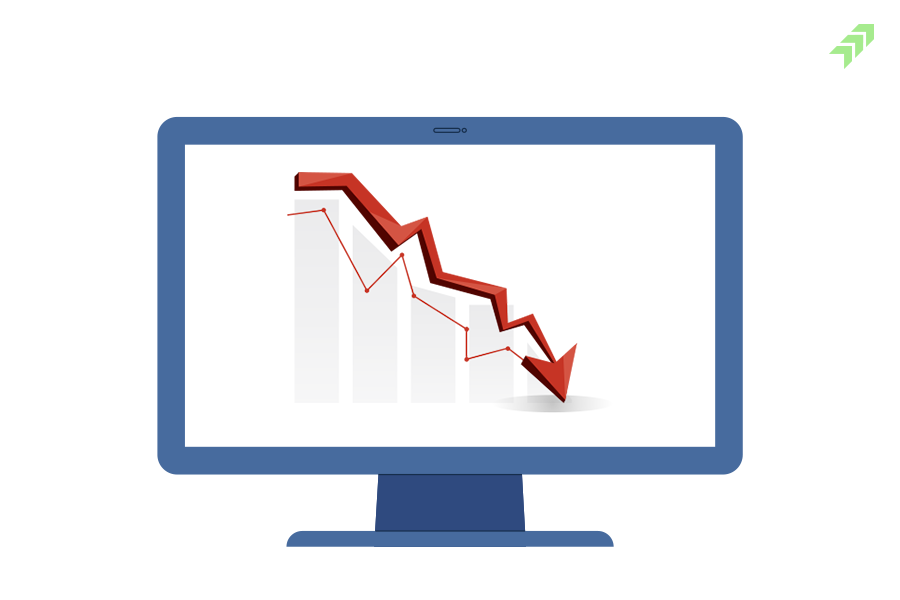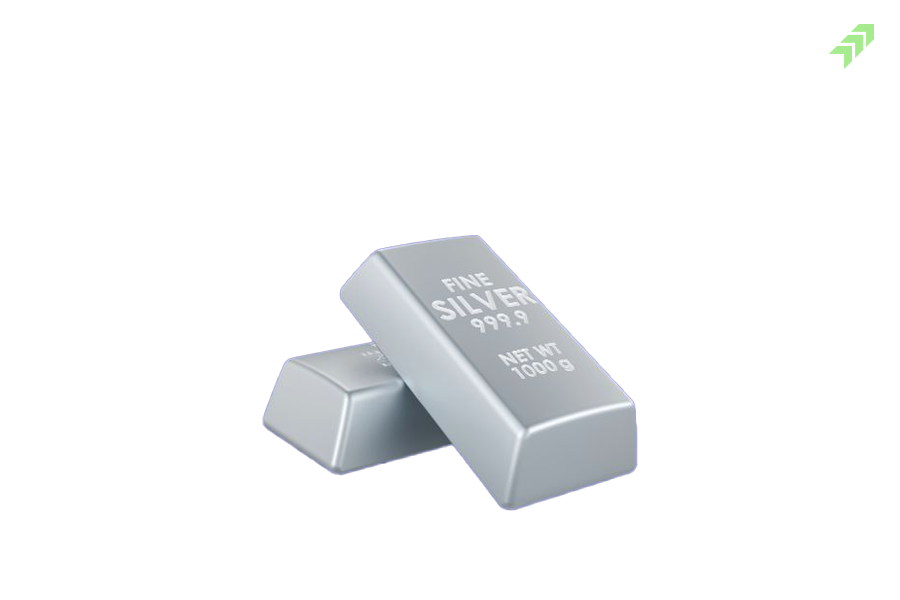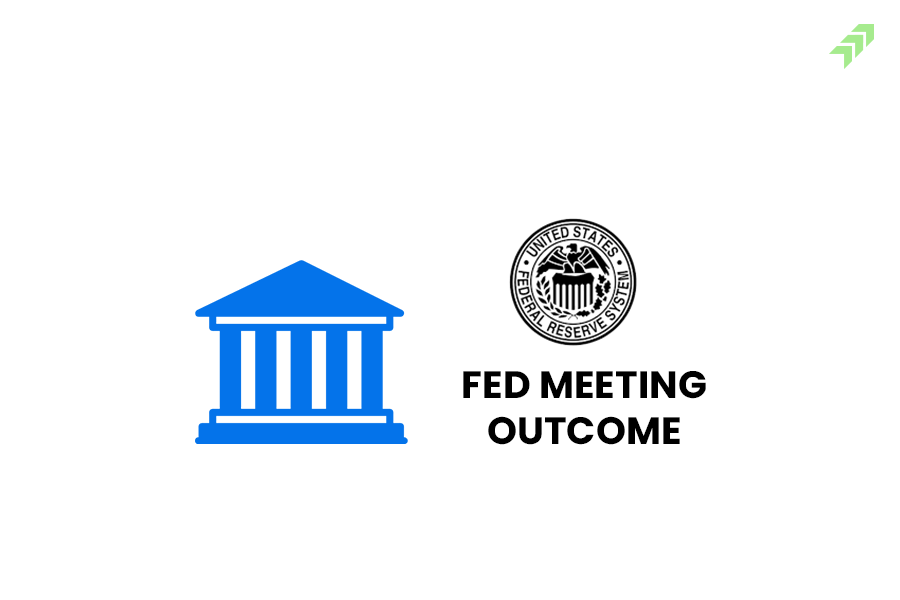Benchmark indices have fallen by more than 6% in past 1 month after the markets touched all time high in late September. The sharp downfall in market has sparked concern among investor. There are many factors contributing to fall like upcoming US election, profit booking from record high as macro data starts to slow, china stimulus, etc. Going forward in this article we will explores these factors
US presidential election and recession fears
US election is widely watched election by the world economy which adds to uncertainty till the election results are announced. The two presidential candidates come up with their initiatives and policies for their tenure. The market volatility increases as the elections dates comes near to declaration date. Trump’s lead in online betting polls as he proposed tariff and cut in tax policies for achieving Made in America theme, which could lead to stronger inflation and prolong higher U.S. interest rates. While the trump opponent focuses on freedom, equality and democracy.
Concerns for potential recession fears have been accelerating as citizens have used their Covid cash, loaded high on credit card debt, student’s loans, falling job opportunities, etc. As broader economic indicators start to lose steam, worries about rising unemployment and declining consumer spending will get intensified.
Middle East tension
Uncertainty in Middle East adds to another layer of volatility in fine print. India imports majority of its oil from across the world including Iran, gulf countries and Russia. Acceleration in air strike by Israel to target Iran’s oil resources or a counter attack by Iran forces could lead to spike in crude prices, putting pressure not only on India but also Chinese market.
China stimulus
FII have swiped off over one lakh corers of funds from Indian market and there is a say that goes on ‘Sell India, Buy china’. China central banks along with government has recently notified on various stimulus package and policy cut to address waning confidence and to boost demand.
Profit booking amid slowing earnings
The earnings season has shown disappointing results from major companies, leading to reassessment of stock valuations leading to market decline. Analysts express concerns about overvaluation, with many investors locking in profits to avoid further losses.
Central bank Policy stance
RBI is concerned about food inflation and inflation expectations becoming unanchored, potentially leading to core inflation through increased wages on cost-of-living considerations. Cooling down of core inflation possibly signals weak demand. RBI Governor warns that cutting the policy rate could be premature and risky due to an increase in headline inflation readings. The RBI’s policy actions will remain forward-looking, depending on the inflation outlook.

















